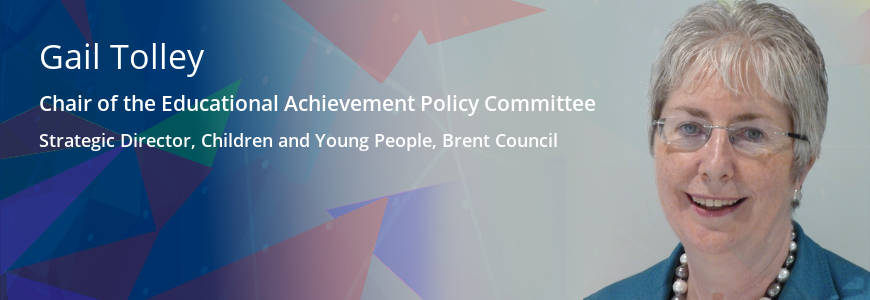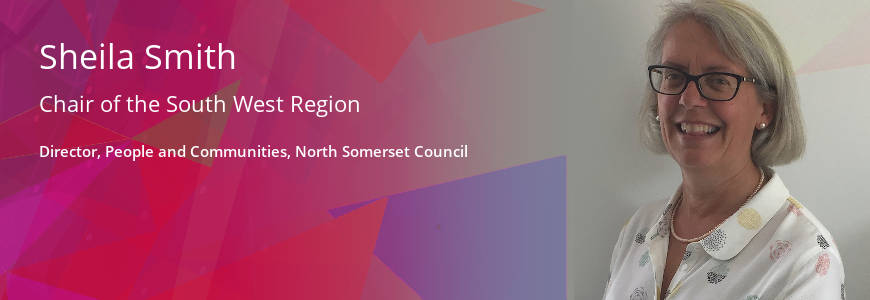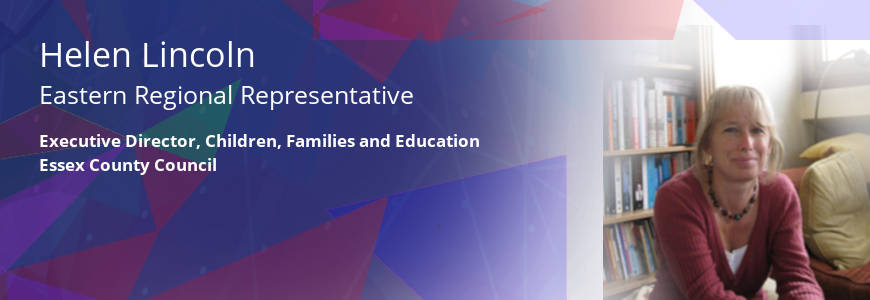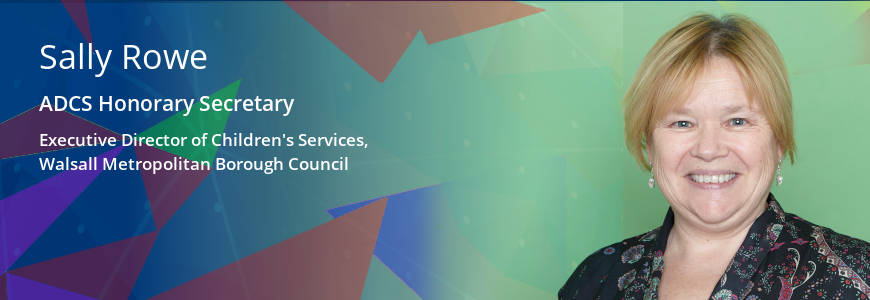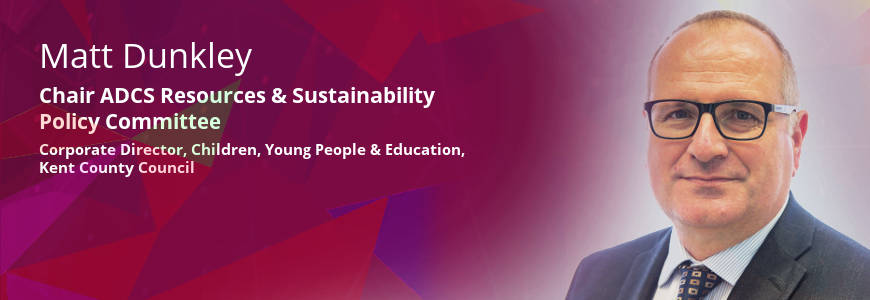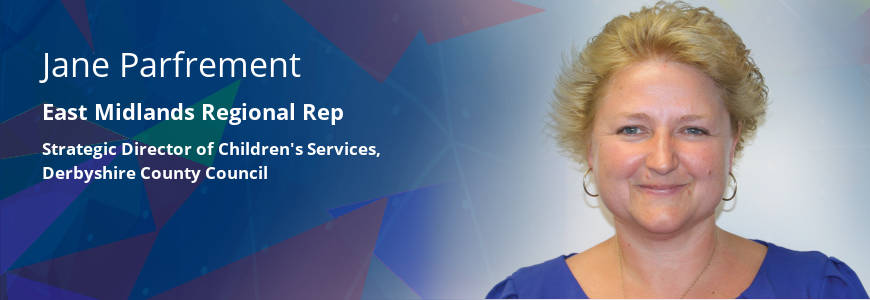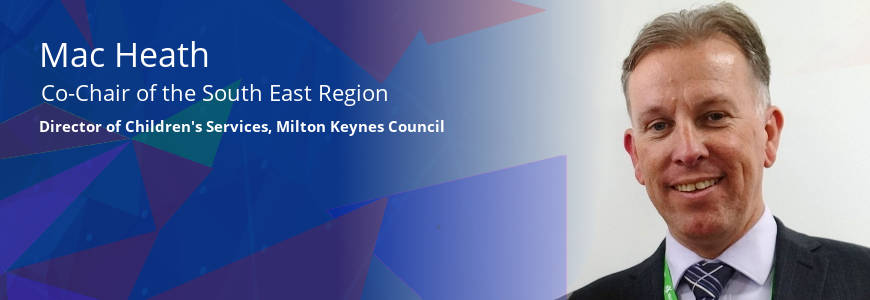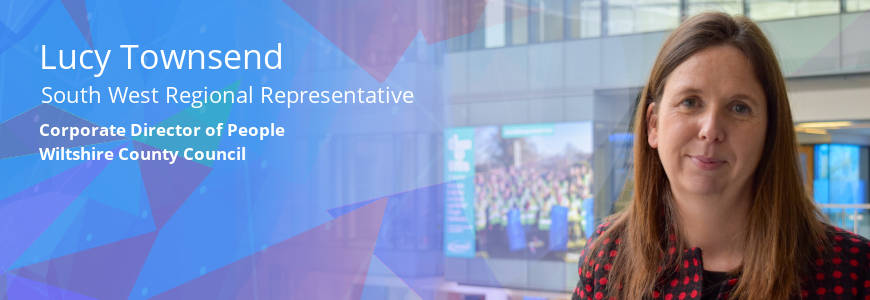Workforce matters
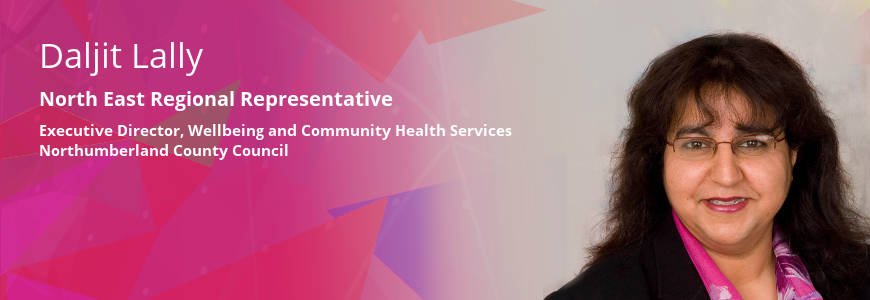
To say that the North East has experienced churn at director level over the last 12 months or so would be a bit of an understatement. Seven of the 12 local authorities in the region have had a new director of children’s services (whilst the director of adult services has changed in nine authorities). Restructures, retirements and promotions have all played a part in this shift, but regardless of the reason there have inevitably been some knock-on effects, including further churn in the tiers below director level.
It’s no surprise then that workforce development has been high on the priority list for the region’s sector-led improvement programme and now that we are entering a more stable period, it’s a good time to reflect on our progress.
Initially, much of our focus has been on workforce planning and ensuring new social workers with the right qualities and skills are choosing to join and stay in our future workforce.
We are now beginning to see the Teaching Partnership in our region take shape, following a successful bid to the Department for Education last year. The Partnership brings together all 12 local authorities in the region with five local higher education institutions delivering social work programmes, along with the Open University. This is a significant opportunity for local authorities to have greater influence over the design and delivery of social work courses in the region and I’m looking forward to being part of this more joined-up approach as it progresses.
We have also worked collaboratively in the region to increase take up of national social work programmes such as Frontline and Step Up to Social Work. Three of our local authorities have been involved in the Firstline programme and we’ve had some positive conversations with Firstline recently about how some of our smaller local authorities might work flexibly together to enable their first line managers to benefit from participating in future rounds of the leadership development programme.
These programmes, along with our Teaching Partnership, have brought an investment in excess of £4 million into the region’s social work training, which has been made possible because of a sector-led approach.
As well as getting to grips with how we can best respond to future need, our regional workforce development group has turned its attention to some of our more immediate pressures.
One of the things we’ve been working on recently is how we can work together to promote our fabulous region to those who are not fortunate enough to work here already! In early May we will be taking our regional recruitment campaign to the North West Social Work Show in Manchester, and instead of promoting individual local authorities we hope to persuade social workers that there are some fantastic career opportunities for them across the whole North East.
One of the trickiest issues we’ve been grappling with is our agency workforce. In our region we have collectively spent in excess of £18 million on agency staff in the last year, an increase on the previous financial year. Whilst we all rely on agency staff to fill short-term and unexpected gaps, we share the goal of creating a stable and high-quality permanent workforce because we know this is key to supporting children and families. To achieve this we must get a grip on both spend and quality in relation to agency workers. So like many other regions, we’ve returned to conversations about how a regional agreement on the use of agency workers could be part of our approach to workforce development. Those of you who are part of such arrangements will know that this inevitably involves some difficult conversations, especially for those authorities who are struggling to attract good permanent staff. It’s still early days for us, but if we are to make progress in this area, as directors we will need to work together closely to support one another, but also to hold ourselves to account.
There will be other workforce challenges ahead, but in the North East we will continue to seek collaborative, sector-led responses to overcome them.
Related Blog Articles
This week I attended the annual social work conference in Swindon. It was a...
In Care
I don’t know about you, but I find that sometimes there’s an alignment...
In Leadership
In my final week of a 42 year very full-time (100% attendance) career, I am...
In Education
In the Eastern region we pride ourselves on a long and successful history of...
In Inspection & Improvement
The child’s journey must be at the heart of our system. As system leaders in...
In General
I want to start this blog with a quote from Francis of Assisi “Start by doing...
In Care
In the midst of what has been a very difficult few weeks, Covid-19 promises to...
In General
I’ve recently been thinking about what it’s like to be a social worker, or...
In General
This blog was first due a couple of weeks ago, but the small matter of an ILACs...
In
I will be retiring in the summer (I’ve always tried to follow Steve...
In Leadership
Like in most local authorities, children who are subjects of a child protection...
In Safeguarding & Child Protection
As a student social worker, I came to understand that anti-discriminatory...
In General
Crisis is an opportunity riding on a dangerous wind – Chinese Proverb The...
In General
It’s four weeks since many local authorities were involved in overseeing local...
In General
In preparing for this blog, I re-read Charlotte Ramsden’s final blog as ADCS...



